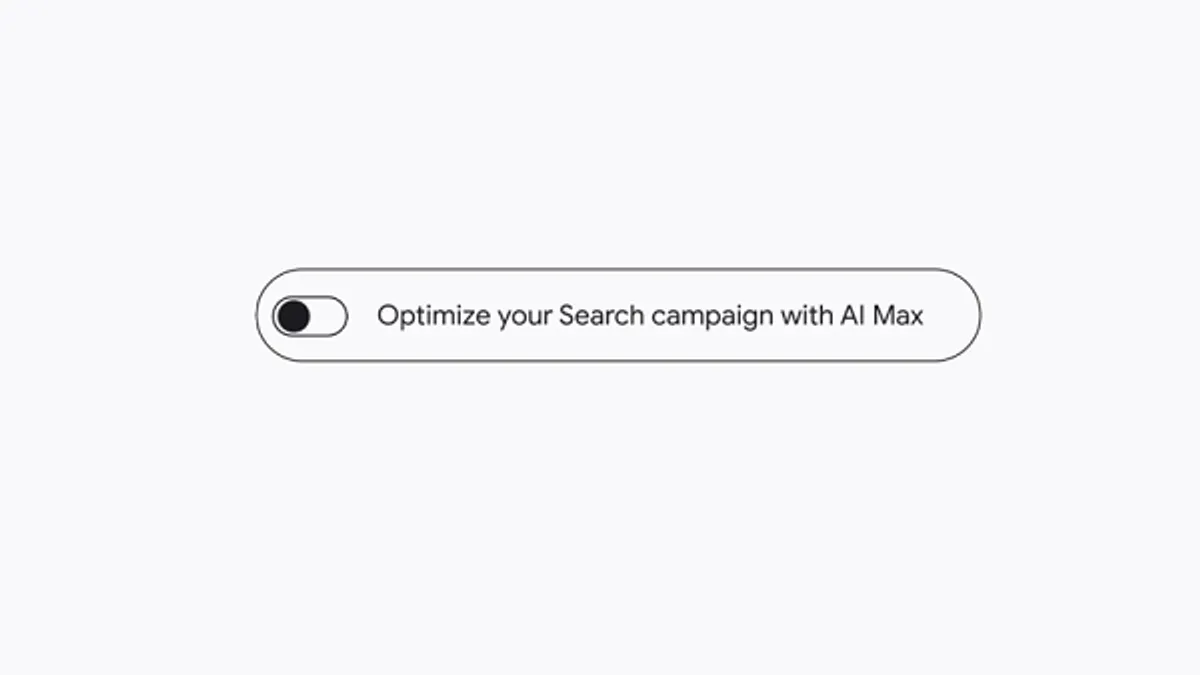AI Accuracy Issues Pose Risks for Marketers
Newer, more advanced AI models are exhibiting a concerning trend: increased factual errors. These inaccuracies, often called "hallucinations," pose significant challenges for marketers relying on AI for content creation and customer service.
Rising Error Rates in Advanced AI Systems
Recent tests reveal alarming error rates in leading AI systems. The New York Times highlights tests showing error rates as high as 79% in some advanced models. OpenAI's latest models, for example, displayed significantly higher error rates compared to their predecessors. The o3 model had a 33% error rate when answering questions about people, double the rate of the previous version. The o4-mini model performed even worse, with a 48% error rate on the same test. For general questions, the results show o3 making mistakes 51% of the time and o4-mini 79% of the time.
Similar accuracy issues have been observed in AI systems from other companies like Google and DeepSeek.
“Despite our best efforts, they will always hallucinate. That will never go away.” - Amr Awadallah, CEO of Vectara and former Google executive.
Real-World Impact on Businesses
These errors are not just theoretical. Businesses are facing real consequences. Cursor, a tool for programmers, experienced customer backlash when its AI support bot incorrectly stated users couldn't use the software on multiple computers. This mistake resulted in canceled accounts and public complaints.
Why is AI Accuracy Declining?
One reason for the decline in accuracy is the shift to reinforcement learning. This method, while effective for math and coding, seems to negatively impact factual accuracy. Another factor is the step-by-step "thinking" process of newer models, where each step introduces another opportunity for error.
Protecting Your Marketing with AI
Marketers need to take proactive steps to mitigate the risks of AI-generated errors:
- Human review of all customer-facing AI content is crucial.
- Implement fact-checking processes for AI-generated material.
- Use AI for generating content structure and ideas, not necessarily hard facts.
- Consider AI tools that cite sources (retrieval-augmented generation).
- Establish clear procedures for handling questionable AI information.
The Future of AI and Marketing
While researchers are actively working to improve AI accuracy, marketers must remain vigilant. By implementing robust verification processes, businesses can leverage AI's efficiency while maintaining accuracy and protecting their brand reputation.









